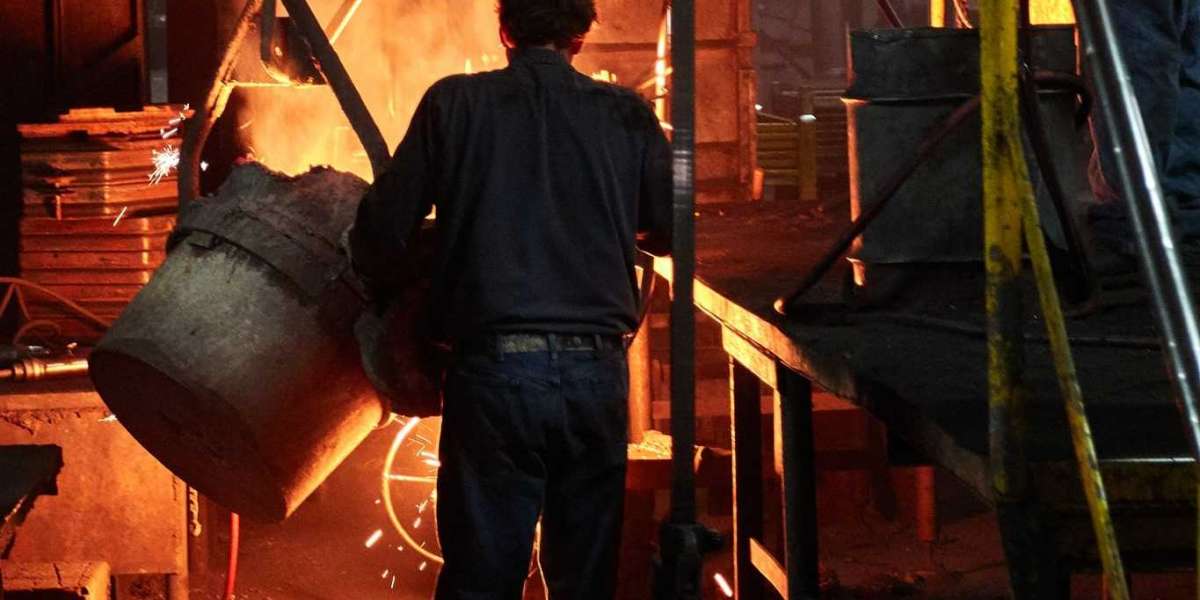Known for thousands of years now, metal casting is the process of pouring molten metal into casting molds of the desired shape. The molds contain cavities that help to cast products into a specific shape. As the molten metal cools down and solidifies, the casted product is taken out from the mold. Further, the product is deployed under more processes for a final finish. If you dive into the background, metal casting is a modern industrial process, but it is said to have been linked with its ancient metallurgical processes. That’s why some call it the most influential process in history. Today, there are a couple of recognized metal casting services in the USA that are working as per ISO standards. The most common type of metal casting used is grey cast iron casting because of its inherent benefits. Grey iron castings are formed by smelting pig iron. They majorly consist of iron and carbon with some traces of phosphorus, silicon, manganese, and sulfur. One of the primary reasons behind the popularity of grey iron castings is their cost efficiency and capability to construct complex frameworks.
Metal Casting Services
As mentioned, metal casting involves pouring the hot molten metal into a hollow cavity mold which is further allowed to settle down until cool. Metal casting services are an ideal approach to create complicated parts having detailed specifications. Based on the casting method you choose, manufacturers can attain a very high production rate with little or no secondary machining. There are multiple methods of casting like die casting, sand casting, permanent mold casting, and investment casting. In line with it, the number of day-to-day applications is many such as train wheels, school bus pedals, automotive parts, lamp posts, etc.
Grey Cast Iron Casting
Having the power to withstand high compressive forces, grey iron castings are made available in various tensile strengths like 5 tons per square inch or 19 tons per square inch. On average, tensile strength is kept around 7 tons per square inch but if purposely needed for big applications it can be increased by adding vanadium. You will find such composition in huge posts and columns in large buildings. Grey cast iron casting comes with good damping capacity and immeasurable machining capabilities that’s why it is considered a suitable choice for cylinder blocks, machine bases, and brake parts. Additionally, they are much resistant to oxidation hence preventing them from potentially rusting.
Source- https://www.wellarticles.com/learning-about-metal-casting/








